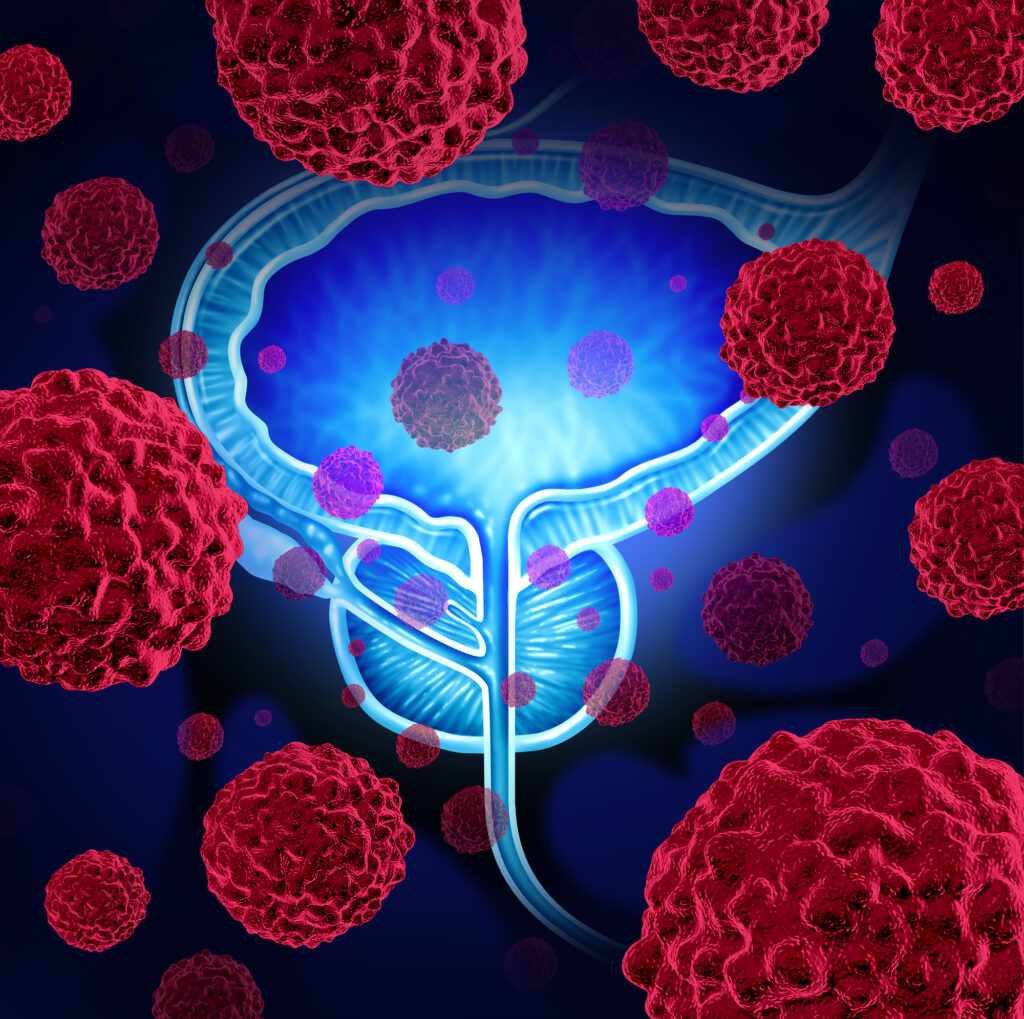At this point, we’re all familiar with the benefits of probiotics, especially for gut health. These beneficial bacteria help control harmful bacteria in our gastrointestinal tracts and maintain a healthy gut microbiome that promotes digestive health. Probiotics have additionally been found to be beneficial in the treatment of atopic dermatitis and acne, gum disease, vaginal and urinary tract infections, and antibiotic-associated diarrhea.
Now, scientists at Duke University have found a potential new use for these beneficial bugs. Their study, published in the January 2024 issue of the peer-reviewed journal Clinical Nutrition, found that a common probiotic supplement can reduce symptoms and delay disease onset in unvaccinated people exposed to the virus that causes Covid-19.
The Study
The team from Duke launched their investigation into the use of probiotics to treat Covid in March of 2020, prior to the widespread availability of Covid vaccines in the United States. “Prior to COVID, there was strong evidence that probiotics were protective against respiratory infections,” said Paul Wischmeyer, MD, associate vice chair for clinical research in Duke’s Department of Anesthesiology and co-lead author of the study. “Once COVID hit, it was imperative to determine whether this simple, well-tolerated intervention could be useful.”
To that end, Wischmeyer and his colleagues enrolled 182 unvaccinated people who had been in contact with someone in their household diagnosed with Covid-19. Half of the participants were randomly assigned to take a probiotic supplement (Lactobacillus rhamnosus) each day for 28 days, and the other half randomized to take a placebo. The study enrollment period was shortened because the pool of eligible participants declined as vaccines became more commonplace and infections began leveling off prior to the Delta wave.
Upon analyzing the results, the researchers found that participants in the probiotic group were 60 percent less likely to develop Covid symptoms compared to those in the placebo group). The probiotic participants were also able to stave off infection longer compared to those receiving the dummy pill.
Although the probiotic group also had a numerically lower incidence of Covid-19 diagnosis, the rate did not meet statistical significance (8.8 percent Covid diagnosis rate in the probiotic group vs. 15.4 percent in the control group) because of the study size.
“We are actually not surprised by these findings,” Wischmeyer said. “There have been several studies that have demonstrated the strong efficacy of probiotics against respiratory infections, including a very large study among babies in India that was published in Nature in 2017. Other early studies have shown that probiotics may also enhance the effect of vaccines against other viral illnesses, such as influenza.”
Conclusions
The study’s results couldn’t be more timely, the researchers said, as recent data from the U.S. Centers for Disease Control and Prevention (CDC) shows that fewer than one-third of the U.S. population has received the updated 2023 Covid-19 vaccine.
“While limited in sample size, our study lends credence to the notion that our symbiotic microbes can be valuable partners in the fight against Covid-19 and potentially other future pandemic diseases,” Wischmeyer said. “This may be particularly relevant in under-resourced nations where vaccination rates have lagged and even in the U.S., where COVID boosters are not widely accessed.”






